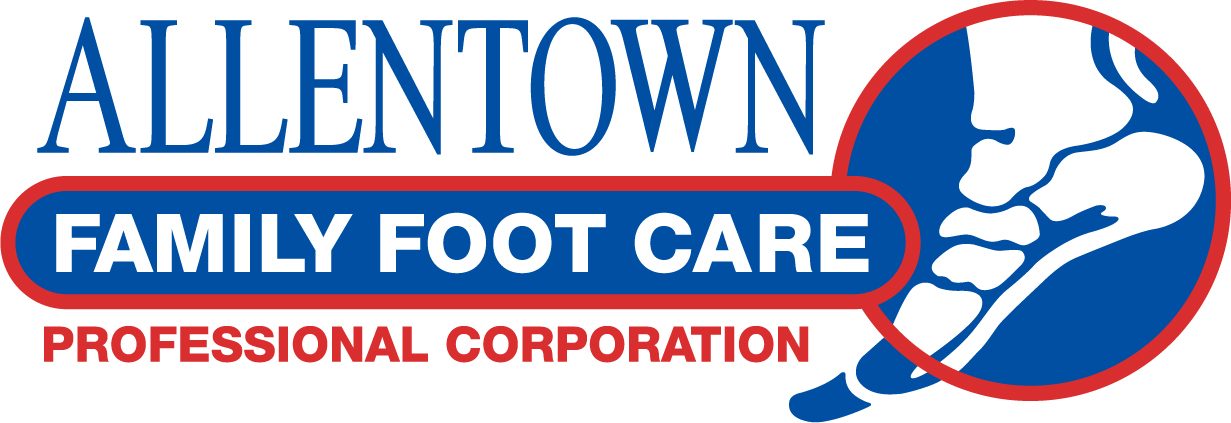Heel Spurs
Heel spurs are a common cause of heel pain, affecting millions of people each year. Although heel spurs themselves are not painful, they can cause inflammation and irritation in the surrounding tissues, leading to discomfort and limited mobility. Proper diagnosis and management of heel spurs are important to alleviate symptoms and prevent long-term complications.
Causes of Heel Spurs
Heel spurs are bony growths that develop on the bottom of the heel bone. They can be caused by a variety of factors, including:
- Repetitive stress or impact on the heel
- Poor biomechanics or foot structure
- Aging
- Obesity
- Certain medical conditions, such as arthritis
Symptoms of Heel Spurs
Symptoms of heel spurs may include:
- Pain or tenderness in the heel, especially when walking or standing for long periods
- Swelling or inflammation in the affected area
- Stiffness or limited mobility in the foot and ankle
- A visible bony protrusion on the bottom of the heel bone
Treatment and Management of Heel Spurs
Treatment for heel spurs depends on the severity of the condition and the underlying cause. Conservative treatments may include rest, ice, stretching exercises, over-the-counter pain medications, and supportive footwear. Custom orthotics or shoe inserts may also be recommended to help redistribute pressure and support the foot. In more severe cases, corticosteroid injections or surgery may be necessary to alleviate symptoms and remove the heel spur.
Preventing Heel Spurs
Preventing heel spurs is possible by taking the following precautions:
- Wearing shoes that fit properly and provide adequate support and cushioning
- Maintaining a healthy weight
- Gradually increasing the intensity and duration of physical activity
- Stretching before and after physical activity
If you are experiencing heel pain or suspect you may have a heel spur, it is important to seek the care and treatment with Allentown Family Foot Care who specializes in foot and ankle care. Proper diagnosis and management of heel spurs are important to alleviate symptoms and prevent long-term complications.
